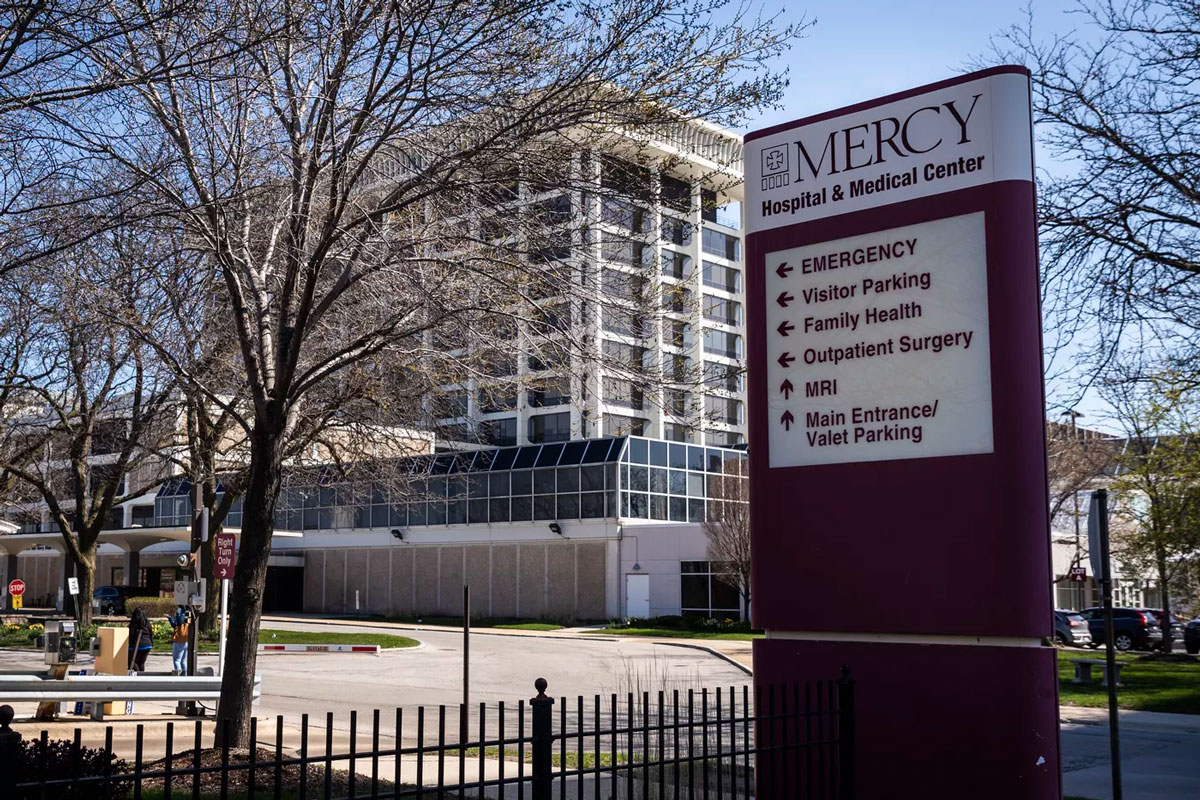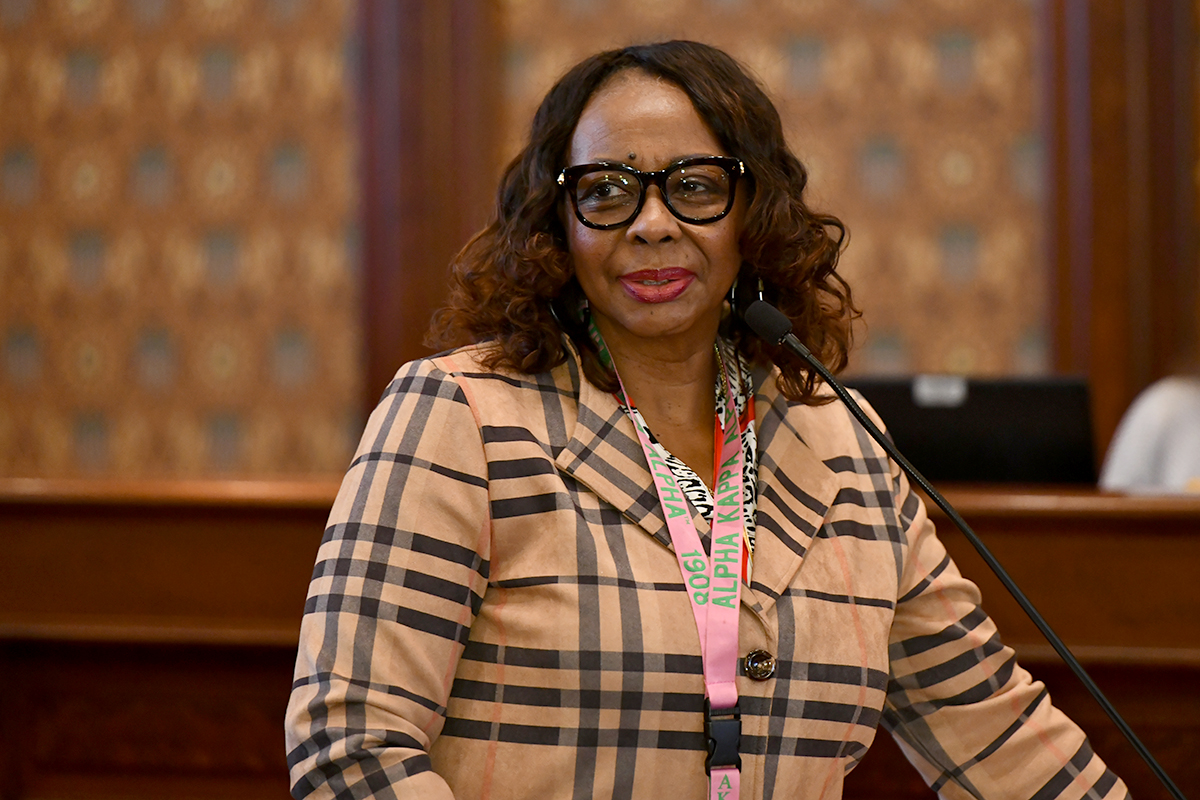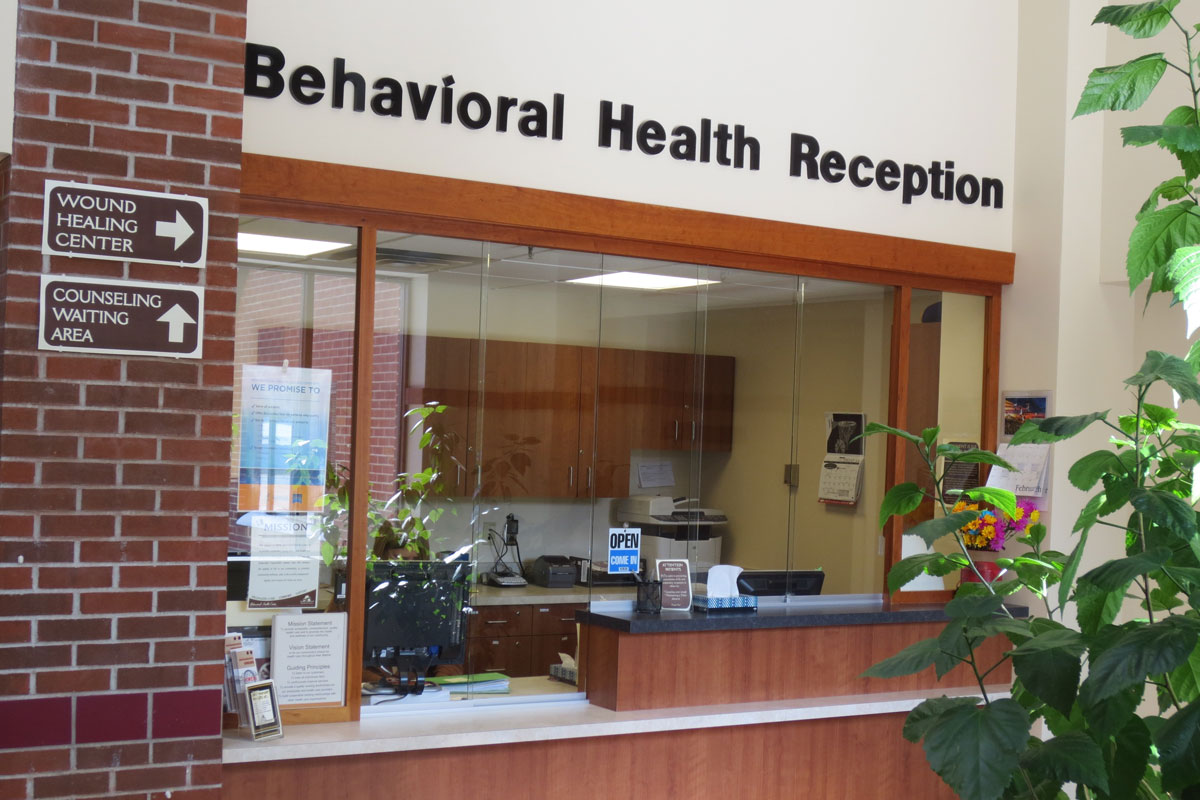- Details
- Category: Senator Mattie Hunter News
 CHICAGO – State Senator Mattie Hunter (D-Chicago) was one of nearly a hundred witnesses to speak against the closure of Mercy Hospital during Tuesday’s Health and Facilities Review Board meeting. Hunter is pleased that after several hours of testimony, the board voted to reject the closure of Mercy Hospital.
CHICAGO – State Senator Mattie Hunter (D-Chicago) was one of nearly a hundred witnesses to speak against the closure of Mercy Hospital during Tuesday’s Health and Facilities Review Board meeting. Hunter is pleased that after several hours of testimony, the board voted to reject the closure of Mercy Hospital.
“I am proud that there was an abundance of support from the community to keep Mercy open,” Hunter said. “For months, we have been calling for Mercy to stay open so that Bronzeville residents would have reliable care in the middle of this pandemic. I am so pleased the board voted in the community’s best interest.”
- Details
- Category: Senator Mattie Hunter News
 CHICAGO – Following a year of social isolation for many, especially the older population, State Senator Mattie Hunter (D-Chicago) is trying to spread holiday cheer by encouraging city residents to send cards to seniors in long-term care facilities.
CHICAGO – Following a year of social isolation for many, especially the older population, State Senator Mattie Hunter (D-Chicago) is trying to spread holiday cheer by encouraging city residents to send cards to seniors in long-term care facilities.
“Due to COVID-19, there are so many people who will spend this holiday season alone,” Hunter said. “I am saddened that I cannot have my annual senior brunch, so collecting holiday cards is a simple way to let our seniors know that they’re cared for during this peculiar season.”
- Details
- Category: Senator Mattie Hunter News
 CHICAGO – During Thursday’s joint Senate hearing on age, equity, workers’ rights and consumer protection, Senator Mattie Hunter (D-Chicago) advocated for increased protection among minority workers and consumers.
CHICAGO – During Thursday’s joint Senate hearing on age, equity, workers’ rights and consumer protection, Senator Mattie Hunter (D-Chicago) advocated for increased protection among minority workers and consumers.
The U.S. Department of Labor in October released a wage report for the third quarter of this year, revealing that Black workers on average earn 72% of what white men earn. Broken down by gender, Black men earn 77.5% of what white men earn, while Black women make only 68.5%. In Chicago specifically, wage gaps grew significantly over the last several decades, causing what UIC researchers call “a growing exodus” of Black Chicagoans.
- Details
- Category: Senator Mattie Hunter News
 CHICAGO – Following the Senate Public Health and Health and Human Services final hearing on the Legislative Black Caucus’ four pillar agenda, State Senator Mattie Hunter (D-Chicago) says she is ready to continue reforming the state’s health care system.
CHICAGO – Following the Senate Public Health and Health and Human Services final hearing on the Legislative Black Caucus’ four pillar agenda, State Senator Mattie Hunter (D-Chicago) says she is ready to continue reforming the state’s health care system.
“Our health care system is deeply flawed, but over the last few weeks, we’ve heard many recommendations on where to start reforming it,” Hunter said. “We must all be more informed about health literacy and examine the social determinants of health so that everyone has equal access to nourishment and well-being.”
Read more: Hunter ready to reform Illinois’ health care system
- Details
- Category: Senator Mattie Hunter News
 CHICAGO – The Illinois Legislative Black Caucus held a joint hearing Friday to discuss the need for cultural competency among professionals in the health care industry, where State Senator Mattie Hunter (D-Chicago) advocated for increased implicit bias training and anti-racist practices to ensure equity for patients of color.
CHICAGO – The Illinois Legislative Black Caucus held a joint hearing Friday to discuss the need for cultural competency among professionals in the health care industry, where State Senator Mattie Hunter (D-Chicago) advocated for increased implicit bias training and anti-racist practices to ensure equity for patients of color.
“Structural racism must be examined in every facet of the health care system,” Hunter said. “It’s crucial that Black and Brown patients have access to health professionals that look like them, or at the very least, understand their circumstances. We need more diversity in the industry, with professionals who understand the inequities Black and Brown patients face, especially in terms of maternal mortality.”
Read more: Hunter calls for diversity in health care professional workforce
- Details
- Category: Senator Mattie Hunter News
 CHICAGO – The Illinois Department of Commerce and Economic Opportunity awarded business assistance grants last week, and State Senator Mattie Hunter (D-Chicago) is hopeful this will help local businesses in need of a financial boost.
CHICAGO – The Illinois Department of Commerce and Economic Opportunity awarded business assistance grants last week, and State Senator Mattie Hunter (D-Chicago) is hopeful this will help local businesses in need of a financial boost.
“It breaks my heart that business owners are still fighting this virus, physically and economically,” Hunter said. “I hope these grants provide some sort of relief. I will continue to advocate for financial support programs for businesses for as long as they are in need.”
Read more: Hunter announces area businesses will receive over $1 million in assistance
- Details
- Category: Senator Mattie Hunter News
 CHICAGO – The Senate Labor, Executive, and Commerce and Economic Committees held a joint hearing on diversity in labor unions Thursday, where State Senator Mattie Hunter (D-Chicago) advocated for more diversity in labor unions and new strategies for capacity building.
CHICAGO – The Senate Labor, Executive, and Commerce and Economic Committees held a joint hearing on diversity in labor unions Thursday, where State Senator Mattie Hunter (D-Chicago) advocated for more diversity in labor unions and new strategies for capacity building.
“Women and people of color deserve the same trade and employment opportunities as everybody else,” Hunter said. “Labor unions need to be more intentional with their recruitment and training strategies. Looking at these issues through an equitable lens will not only level the playing field, but increase the success of business in the long haul.”
Read more: Hunter advocates for diversity in labor unions and capacity building
- Details
- Category: Senator Mattie Hunter News
 CHICAGO – Monday, the Senate Human Services and Public Health Committees held a joint hearing on behavioral health issues and disparities in Illinois, where State Senator Mattie Hunter (D-Chicago) advocated for more Black and Brown behavioral health professionals, as well as increased options for treatment in communities of color.
CHICAGO – Monday, the Senate Human Services and Public Health Committees held a joint hearing on behavioral health issues and disparities in Illinois, where State Senator Mattie Hunter (D-Chicago) advocated for more Black and Brown behavioral health professionals, as well as increased options for treatment in communities of color.
“Not only do Black Illinoisans have less access to behavioral health centers, they are less likely to have insurance and more likely to deal with doctors who don’t look like them,” Hunter said. “Many of these medical professionals have implicit biases and need to be trained on cultural competency.”
The Substance Abuse and Mental Health Services Administration reports that two-thirds of Blacks and Latinos with a mental illness and nearly 90% with a substance use disorder do not receive treatment.
“Lack of access to treatment is harming Black communities, which often face more behavioral and mental health issues,” Hunter said. “The opioid crisis, combined with COVID-19 and systemic racism, is a serious threat that needs to be addressed thoroughly.”
Data from the Community Behavioral Healthcare Association of Illinois found that though African Americans make up under 24% of the Cook County's population, they account for more than 50% of all opioid deaths in the county this year.
Committee members heard from Dan Rabbitt, Senior Manager of Health Policy of Heartland Alliance, who recommended that the General Assembly support the following:
- Investing in prevention and proper medication distribution
- Integrating medications used for opioid disorder
- Reducing criminal penalties for low level drug offenses
CEO of the Community Behavioral Health Association Marvin Lindsey also recommended that the General Assembly support maintaining telehealth flexibility, which he believes will help increase health care accessibility for Black patients.
Future joint hearings for the Public Health and Human Services Committees will be scheduled next month.
More Articles …
Page 14 of 18













 © 2026 Illinois Senate Democratic Caucus
© 2026 Illinois Senate Democratic Caucus